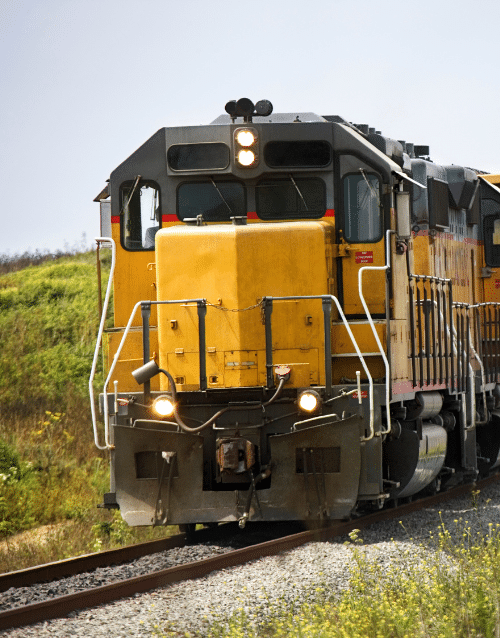The United States Railroad Retirement Board (RRB)
The United States Railroad Retirement Board in Virginia is like the Social Security Administration for railroad workers. If a railroad worker is disabled either temporarily or permanently following a train accident, they can apply to the Railroad Retirement Board to get benefits. There are lots of special rules about this government agency that I have learned over my 15 or more years in handling cases for railroad employees who get hurt on the job.
Rules for RRB
The basic rules are that there is a limit to how much short-term sickness benefit you can get in any given year. If you have a FELA case in Virginia against the railroad and make a claim, the Railroad the Retirement Board is required to be paid back for any money they paid you on those short-term disability benefits. The railroad will deduct that amount owed before they pay anything on your claim for an on-duty injury.
If you are a veteran railroad worker and have over 20 years of service (240 months) then you are eligible for something called occupational disability. Occupational disability means that if you cannot do your old job on the railroad that you will get some pension for the rest of your life if you are no longer able to be a railroad worker in that specific craft or job that you were in before.
The standard for occupational disability is for example can you be a railroad engineer any longer after your injury or disability. It doesn’t matter whether you can be a janitor or some other job on the railroad but look specifically at your job and whether you can still do it or not. This kind of pension is only open to those who have served for two decades or more in service to the railroad company.
The other kind of potential disability pension is called total disability. The standard for total disability is much like the standard for regular Social Security. You become eligible for total disability after five years of railroad service but it’s much harder to get. You have to show that there’s no job anywhere on the railroad or anywhere else that you can do in your community before you are entitled to get total disability.

Ask The Car Crash Experts, About the RRB
John M. Cooper
” So the RRB, the United States Railroad Retirement Board, is somewhat like Social Security for railroaders, except that it’s actually much more than that. Because not only is there a disability, you know, permanent pension opportunity depending upon your situation, there’s also short term or sickness benefits. So you get hurt on the job, you can get RRB benefits and supplemental benefits, which are usually provided by union contract as soon as you are starting to miss time from work. So it’s a very different system than workers comp, which railroad workers don’t get. They have a combination of the RRB and the other benefits that they’re entitled to through work, but also the right to sue their employer, which none of the rest of us, Bailey can’t sue me, even if she wanted to, for her injuries on the job. She gets workers comp and that’s all she gets. Railroad workers are different because the job so dangerous, because they earn good money and they need to be protected. So there’s a very old statute called FELA, FELA, which governs this. And so a good FELA injury lawyer knows how to work with the RRB system. And that’s really what you need to know is RRB is its own separate system. It’s not the railroad. It’s actually a quasi governmental separate thing. Give us a call if you have any questions about the RRB and injuries on the railroad.”
Contact a Virginia Attorney to Discuss RRB Benefits
Generally, we have found that the United States Railroad Retirement Board in Virginia is decent to work with. However, the railroads are constantly trying to get the RRB to apply the rules in a way more favorable to the big railroad companies and less favorably to the workers. If your loved one has been hurt in a railroad accident or otherwise disabled from railroad work we would be happy to discuss the situation for you in a free consultation to help point you in the right direction. If you need help or advice about a serious injury, please call us or contact us.
Find Out What Your
Case is Worth
Testimonials





